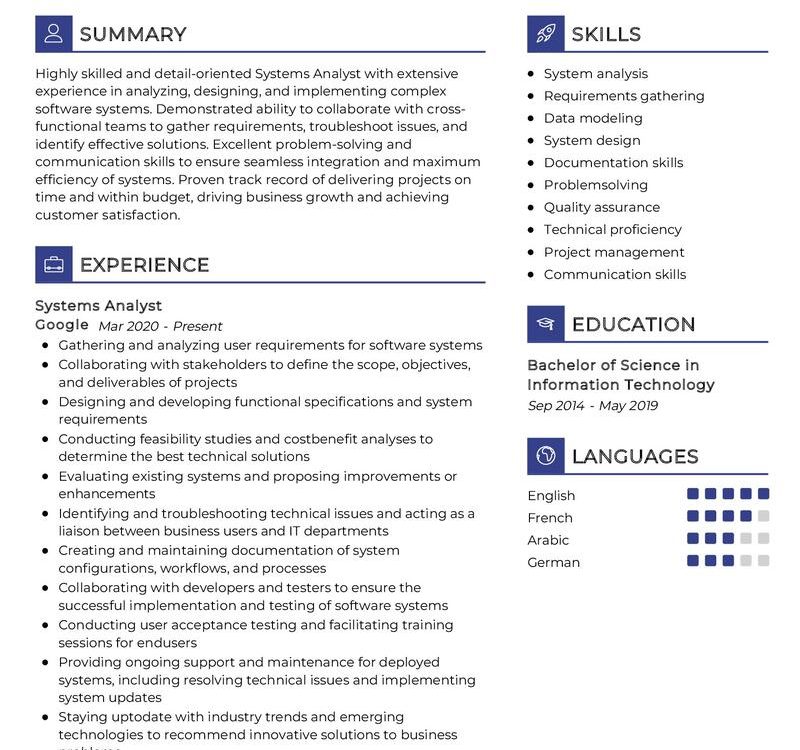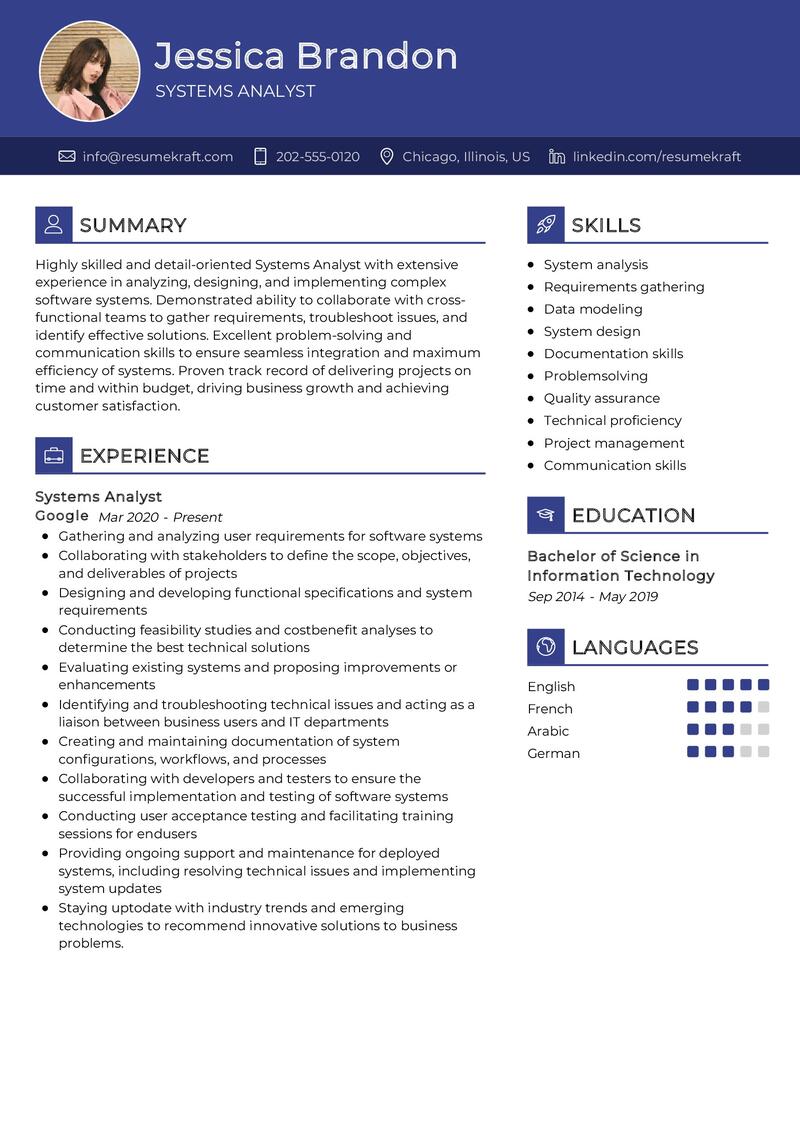Exploring the Role of a Systems Analyst
As technology continues to advance, the role of a Systems Analyst has become increasingly vital in various industries. A Systems Analyst acts as a bridge between business needs and technology solutions, ensuring that systems and processes align with organizational objectives. Let’s delve deeper into the multifaceted role of a Systems Analyst, a position that requires a blend of technical expertise and business acumen.
Understanding the Responsibilities of a Systems Analyst
A Systems Analyst plays a crucial role in analyzing and improving the efficiency of an organization’s systems and processes. Here are some key responsibilities of a Systems Analyst:
- Conducting thorough analysis of existing systems and processes to identify areas for improvement.
- Gathering requirements from stakeholders to understand business needs and objectives.
- Designing and developing system solutions that meet the requirements of the organization.
- Collaborating with developers, engineers, and other stakeholders to implement and test system changes.
- Providing ongoing support and maintenance for systems, troubleshooting issues as they arise.
- Evaluating the effectiveness of system solutions and making recommendations for further improvements.
These responsibilities require strong analytical skills, attention to detail, and the ability to communicate effectively with both technical and non-technical stakeholders.
Qualifications and Skills Required for a Systems Analyst
Becoming a Systems Analyst typically requires a combination of education, training, and experience. Here are some common qualifications and skills required for this role:
- A Bachelor’s degree in Computer Science, Information Technology, or a related field.
- Strong analytical skills and attention to detail, with the ability to think critically and solve complex problems.
- Proficiency in programming languages such as Java, Python, or SQL.
- Excellent communication skills, both verbal and written, to effectively gather requirements and communicate with stakeholders.
- Experience with systems analysis and design methodologies, such as Agile or Waterfall.
- Ability to work collaboratively in a team environment, as well as independently when necessary.
Additionally, certifications such as Certified Systems Analyst (CSA) or Certified Business Analyst Professional (CBAP) can demonstrate expertise and enhance job prospects in this field.
Key Responsibilities of a Systems Analyst
Being a Systems Analyst entails a diverse range of responsibilities, each contributing to the overall success of the organization. Let’s explore some key responsibilities in detail:
- Requirement Gathering: One of the primary responsibilities of a Systems Analyst is to gather requirements from stakeholders. This involves conducting interviews, workshops, and surveys to understand business needs and objectives.
- Systems Analysis: Systems Analysts analyze existing systems and processes to identify inefficiencies and areas for improvement. This may involve conducting data analysis, process mapping, and system modeling.
- System Design: Based on the requirements gathered, Systems Analysts design system solutions that address business needs. This includes creating technical specifications, system diagrams, and prototypes.
- Implementation and Testing: Systems Analysts work closely with developers and engineers to implement system changes. They also conduct testing to ensure that the new systems meet requirements and function properly.
- Training and Support: Systems Analysts provide training and support to end-users to ensure smooth adoption of new systems. They also troubleshoot issues and provide ongoing maintenance and support.
- Continuous Improvement: Systems Analysts continuously evaluate the effectiveness of system solutions and make recommendations for further improvements. This may involve monitoring system performance, gathering feedback from users, and staying updated on industry trends.
By effectively fulfilling these responsibilities, Systems Analysts contribute to the efficiency, productivity, and innovation of the organizations they serve.
Crafting a Standout Systems Analyst Resume
When creating a resume for a Systems Analyst position, it’s important to highlight your qualifications, skills, and relevant experience. Here are some tips for crafting a standout resume:
- Start with a strong summary that highlights your experience and key skills.
- Include relevant keywords and phrases from the job description to ensure your resume gets noticed by applicant tracking systems.
- Provide specific examples of projects you’ve worked on and the impact they had on the organization.
- Highlight any relevant certifications or training you’ve completed, such as Certified Systems Analyst (CSA) or Agile Certified Practitioner (ACP).
- Use a clean and professional format, with clear headings and bullet points to make it easy to read.
Remember to tailor your resume to the specific job you’re applying for, emphasizing the skills and experience most relevant to the position.
Key Takeaways for Your Systems Analyst Resume
As you craft your Systems Analyst resume, keep these key takeaways in mind:
- Emphasize your analytical skills and attention to detail, highlighting your ability to identify and solve complex problems.
- Showcase your experience with systems analysis and design methodologies, as well as your proficiency in programming languages.
- Highlight your ability to communicate effectively with both technical and non-technical stakeholders, as well as your experience working collaboratively in a team environment.
- Include any relevant certifications or training that demonstrate your expertise in the field.
By following these tips and presenting yourself effectively on your resume, you can increase your chances of landing your dream job as a Systems Analyst.
Finally, feel free to utilize resources like AI Resume Builder, Resume Design, Resume Samples, Resume Examples, Resume Skills, Resume Help, Resume Synonyms, and Job Responsibilities to create a standout application and prepare for the Systems Analyst job interview.


